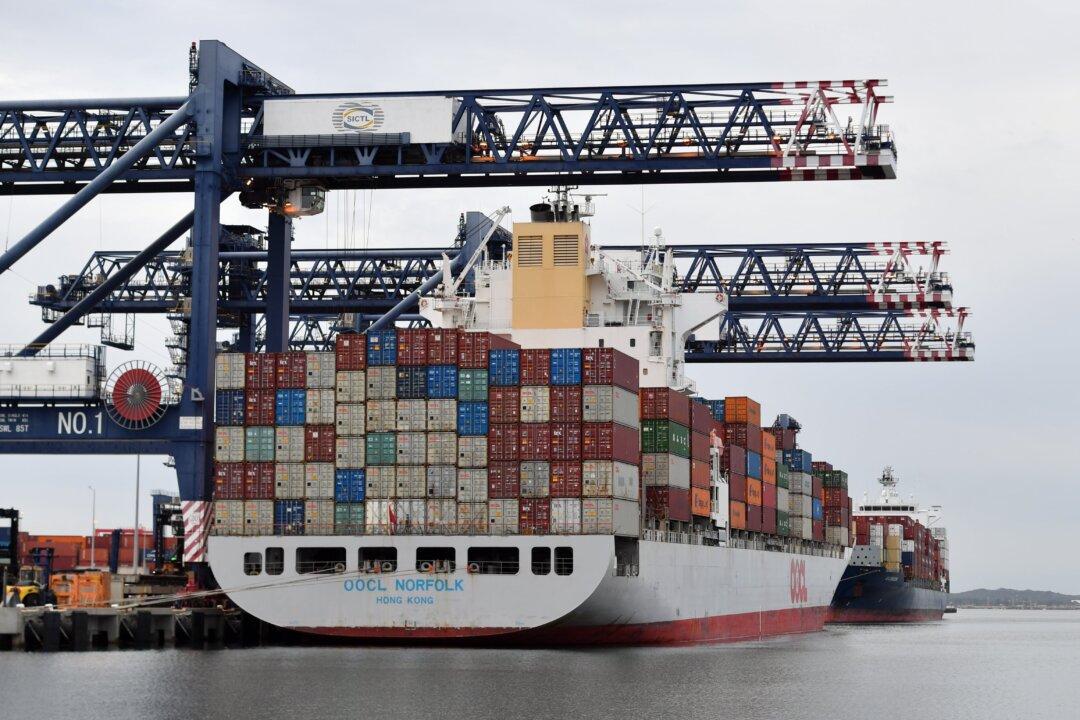Australian Prime Minister Scott Morrison has praised an “historic” new trade deal with India as being good for producers of seafood, wine, and other produce and resources as the country inks a deal.
“This is great news for lobster fishers in Tasmania, wine producers in South Australia, macadamia farmers in Queensland, critical minerals miners in Western Australia,” Morrison said.





